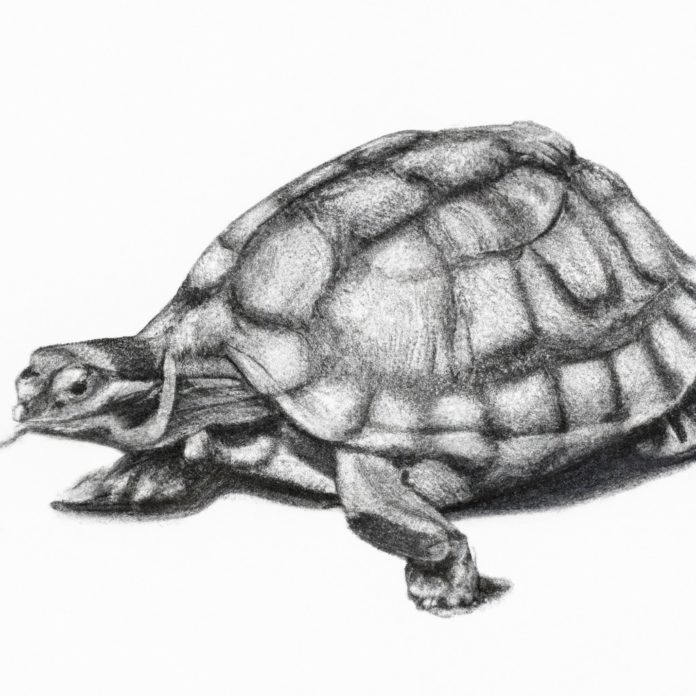Dear VetBabble,
I have a question about my turtle’s damaged shell. Does our turtle need to see a vet? He has a damaged area on the side of his shell. I’m concerned about potential infections or other issues. How can I properly care for my pet’s shell?
Understanding the Importance of a Turtle’s Shell
A turtle’s shell is a crucial part of its body, as it serves a similar purpose to the skin in protecting the inside of the body from potential harm. A damaged shell can lead to various complications, including infections, and should be addressed as soon as possible to ensure your pet’s overall health.
In your turtle’s case, it is highly recommended to have a vet see your turtle promptly to evaluate the severity of the shell damage. They will provide guidance on cleaning and protecting the damaged area to prevent infections and ensure your turtle’s wellbeing. For additional information about caring for a freshwater turtle, you can visit our related article: How do I care for a freshwater turtle?
Treatment and Prevention of Shell Damage
In many cases, shells can be damaged due to various factors, including accidents, fights with other animals, or improper care. To effectively address shell damage, a vet will clean the affected area and may apply a protective dressing or medication to help in the healing process. Depending on the severity and location of the damage, the vet might also recommend additional treatments or ongoing care to ensure optimal healing.
While it is essential to consult a vet for treating shell damage, you can maintain your turtle’s overall health by providing a clean and safe environment, adequate nutrition, and proper care. You should also be vigilant of any signs of infection or changes in your turtle’s behavior, as these could indicate potential issues with their health. For wounds on other animals, such as dogs, we have compiled helpful information for treating these injuries at home: How to Treat your Dog’s Wounds at Home.
Identifying and Addressing Unusual Lumps and Bumps
When it comes to the health of our pets, we cannot help but worry when discovering unusual changes to their bodies, such as lumps, bumps, or other abnormalities. While not all lumps and bumps pose a risk to your pet’s life, it is important to take any unusual findings seriously and consult with a veterinarian.
A vet can accurately assess the issue, providing an appropriate course of action to treat the lump or bump or suggest further monitoring. They may recommend diagnostic tests to determine if the issue is of a more severe nature. We have a helpful resource regarding when to worry about these irregularities: Lumps and Bumps: When to Worry.
In conclusion, it is vital to always be attentive to your pet’s health and well-being, as doing so can prevent potential issues from escalating or help in the early detection of problems. In your turtle’s case, promptly visiting a vet to address the shell damage will ensure the necessary steps are taken to keep your pet healthy and happy. Remember to also visit our other articles, such as our Hermit Crab Care Guide, for more information on caring for various types of pets and keeping them in top shape.









